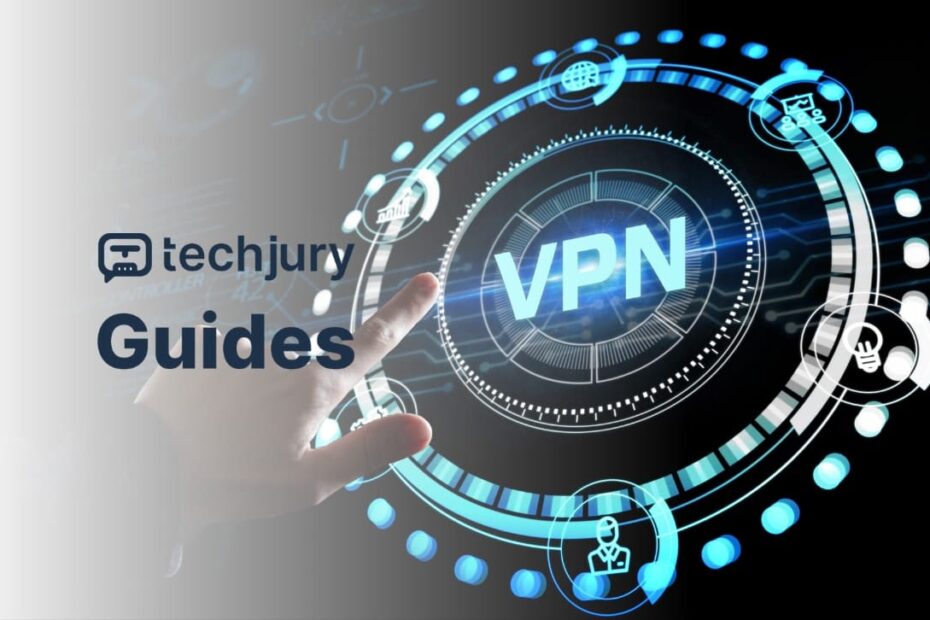Understanding Virtual Private Networks: More Than Just Technology
Imagine you‘re traveling through the digital world, where every click, every search, and every connection leaves a trace. In this interconnected realm, Virtual Private Networks (VPNs) have emerged as your digital shield, offering privacy, security, and freedom. But here‘s the fascinating twist: the legality of these technological guardians varies dramatically across different countries and jurisdictions.
As a data analysis specialist with years of experience studying digital privacy technologies, I‘ve witnessed the evolution of VPNs from niche technical tools to mainstream privacy solutions. This comprehensive exploration will demystify the complex legal landscape surrounding VPNs, providing you with insights that go far beyond surface-level understanding.
The Global Legal Tapestry: VPN Regulations Worldwide
Understanding Regulatory Complexity
VPN legality isn‘t a binary concept of simply "legal" or "illegal." Instead, it‘s a nuanced spectrum influenced by geopolitical dynamics, national security concerns, and digital sovereignty principles. Countries approach VPN regulation through different lenses – some view them as essential privacy tools, while others perceive them as potential threats to state control.
Categorizing Global VPN Regulatory Approaches
Countries generally fall into four primary regulatory categories:
Permissive Environments
Nations like the United States, Canada, and most European countries maintain open internet policies. Here, VPNs are not just legal but considered critical tools for digital privacy and security. These jurisdictions typically regulate VPN usage through existing telecommunications and data protection frameworks.Restrictive Frameworks
Countries such as China, Russia, and Iran implement sophisticated control mechanisms. While not completely banning VPNs, they impose strict regulations, requiring service providers to register with government authorities and potentially compromising user privacy.Comprehensive Prohibition
A small number of nations, including North Korea and Turkmenistan, maintain near-total internet censorship. In these environments, VPN usage can result in severe legal consequences, ranging from substantial fines to potential imprisonment.Ambiguous Legal Zones
Many developing nations occupy a gray area, with evolving regulations that create uncertainty for users and service providers alike.
Technical Foundations: How VPNs Actually Work
The Encryption Mechanism
At its core, a VPN creates an encrypted tunnel between your device and remote servers. This process involves complex cryptographic protocols that mask your original IP address, effectively anonymizing your online activities. Modern VPN technologies utilize advanced encryption standards like AES-256, which would theoretically take centuries to crack using current computational capabilities.
Protocol Variations
Different VPN protocols offer varying levels of security and performance:
- OpenVPN: Open-source protocol known for robust security
- WireGuard: Modern protocol emphasizing speed and efficiency
- IKEv2/IPsec: Preferred for mobile device compatibility
- SSTP: Microsoft-developed protocol with strong Windows integration
Regional Deep Dive: Comparative Legal Analysis
North America: A Privacy-Centric Approach
In the United States and Canada, VPNs represent a fundamental digital right. The legal framework primarily focuses on preventing malicious activities rather than restricting the technology itself. However, law enforcement maintains mechanisms to compel VPN providers to share information during legitimate investigations.
European Union: Balancing Privacy and Regulation
The EU‘s comprehensive data protection regulations (GDPR) create a nuanced environment for VPN operations. While generally supportive of digital privacy, the framework requires transparent data handling practices and user consent mechanisms.
Asia-Pacific: Diverse and Dynamic Landscape
The region presents the most complex regulatory environment:
- China implements sophisticated "Great Firewall" technologies
- Singapore maintains strict but clear regulatory guidelines
- India oscillates between restrictive and permissive approaches
- Japan and South Korea generally maintain open internet policies
Middle East: Stringent Control Mechanisms
Countries like the United Arab Emirates and Saudi Arabia employ sophisticated technological and legal strategies to monitor and potentially restrict VPN usage, often citing national security concerns.
Economic Implications and Market Dynamics
The global VPN market represents a fascinating intersection of technology, privacy, and economic opportunity. Current market research indicates a projected valuation exceeding [~$70 billion by 2026], with compound annual growth rates consistently above 15%.
Key market drivers include:
- Increasing remote work trends
- Growing cybersecurity awareness
- Rising digital privacy concerns
- Geopolitical internet restrictions
User Protection Strategies
Selecting a Reliable VPN Provider
When choosing a VPN, consider these critical factors:
- Jurisdiction of service provider
- No-logging policies
- Encryption standards
- Server network diversity
- Independent security audits
Legal Risk Mitigation
Understanding local regulations is crucial. Before using a VPN in any jurisdiction, research specific legal nuances and potential restrictions.
Future Trends and Technological Evolution
The future of VPN technologies looks increasingly sophisticated. Emerging trends include:
- Quantum encryption techniques
- Artificial intelligence-powered privacy solutions
- Decentralized network architectures
- Enhanced user anonymity protocols
Virtual Private Networks represent more than mere technological tools – they‘re essential instruments of digital autonomy. As our world becomes increasingly interconnected, understanding the complex legal and technical landscape of VPNs becomes paramount.
Your digital privacy is not just a technical consideration but a fundamental right. By staying informed, selecting robust technologies, and understanding regional nuances, you can effectively protect your online presence.
Remember: In the vast, often opaque world of digital interactions, knowledge truly is your most powerful shield.
